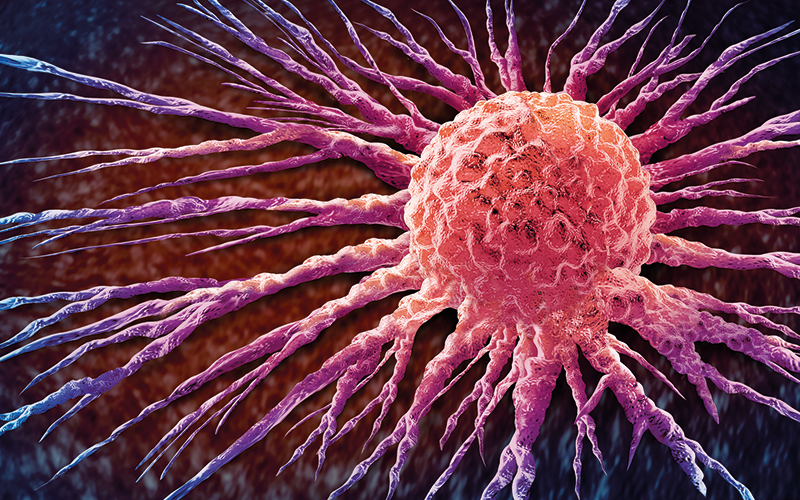For a small percentage of cancer patients, doctors are unable to determine where their cancer originated. This makes it much more difficult to choose a treatment, because many cancer drugs are typically developed for specific cancer types.

A new approach developed by researchers at Massachusetts Institute of Technology (MIT) and Dana-Farber Cancer Institute may make it easier to identify the sites of origin for those cancers.
The researchers created a computational model that can analyse the sequence of about 400 genes to predict where a given tumour originated.
The researchers were able to accurately classify at least 40% of tumours of unknown origin with high confidence in a dataset of about 900 patients. This approach enabled a 2.2-fold increase in the number of patients who could have been eligible for a genomically guided, targeted treatment, based on where their cancer originated.
“The most important finding in our paper was that this model could be potentially used to aid treatment decisions, guiding doctors toward personalised treatments for patients with cancers of unknown primary origin,” says Intae Moon, the lead author of the new study.
The model was also tested on about 7000 tumours that it hadn’t seen before, but whose site of origin was known. It was able to predict their origins with about 80% accuracy.
Image Credit | iStock



